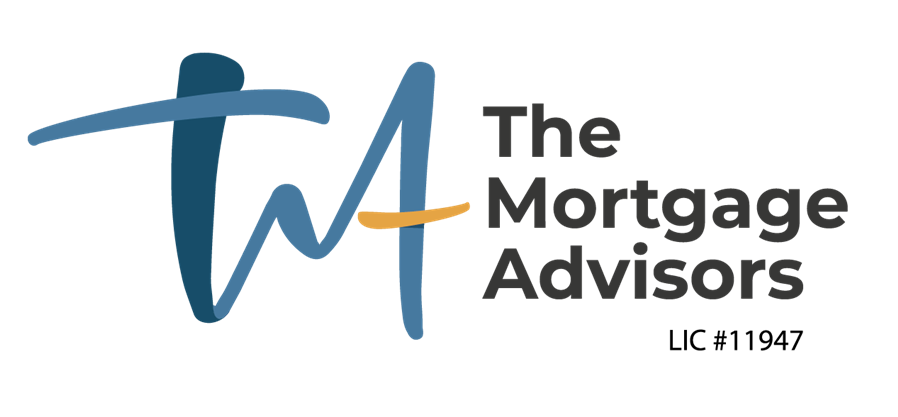
Nick Holloway
How credit card interest actually works - let's run the numbers
1/21/2022
By Nick Holloway
The first widely recognized credit card was introduced in 1958 and have been growing in popularity ever since. Credit cards have revolutionised the way we pay for goods and services and frequently come with perks such as points or other benefits, however it is important to understand how the interest charges work to ensure you are able to make an informed decision to use the credit facility responsibly.
The one simple rule to follow is pay off the credit card statement balance in full by the due date specified to avoid any interest being applied to your account. Depending on extenuating circumstances, this may not always be possible to pay the statement balance in full, and in such a scenario, I will explain how the interest is calculated and applied according to the general terms of the credit card agreement.
Federally regulated financial institutions in Canada who issue credit cards are required to provide consumers with a minimum 21-day interest free grace period on credit card purchases (noting - this excludes cash advances or “cash-like” transactions which are charged interest from day one and until this amount is repaid in full), with this grace period commencing from the point of issuing the monthly billing cycle statement to the customer. The grace period includes purchases made from the beginning of the given billing cycle which extends this interest free period up to a maximum of around 50 calendar days, depending on the date the purchase is made during the billing cycle. According to this legislation, you are not required to pay any interest on your credit card purchases when you pay the statement balance in full and prior to the due date specified on the credit card statement.
What happens if I fail to pay the full amount of the statement balance?
To run a hypothetical and simplified scenario, let’s say we have a billing cycle which commences on the first of the month with an annual interest rate applied at 23.99% (or equivalent of 2% per month). In this example, a credit card purchase is made on the 1st day of the billing cycle for $5,000 and a further purchase made on the 15th day for $5,000, which closes this billing cycle with a final statement balance of $10,000. For this first month which we will assume is 30 days in total, we can calculate the average daily balance for this period of $7,500, then by multiplying this amount with the monthly interest rate of 2% equals a sum of around $150 in interest accrued.
We move into a second month and the statement is subsequently issued on the 1st day of this following month which requests the outstanding balance of $10,000 to be paid by the due date of 22nd, noting this is in line with the 21-day interest free grace period noted above. The customer pays off $5,000 of this balance on the 15th of the month, with a further $5,000 paid on the 30th of the month which closes out the remaining statement balance in full.
As there is an outstanding statement balance (of any amount) remaining past the statement due date, we can expect the above terms of the credit card agreement will apply and an interest charge posted to the account based on the average balance for the entire 60-day period, which aligns the period by when the total balance of this statement period has been repaid in full. We can now calculate the average balance for the second month which is effectively a mirror to the first month with an average balance of $7,500 which equals a further $150 in interest, which combined for the complete 60-day period equals a sum of around $300 in interest which would be applied to the account at the beginning of the next billing cycle and statement, and any subsequent purchases made in this following month are provided the same overall grace periods until those become due in the next statement, and so on.
So, I should make sure I pay off the entire statement balance by the due date each month?
Ideally, this will be the case for every credit card statement received to avoid any interest being applied to the account. However, there maybe times where this is not possible when resolving a short term cashflow situation. As an immediate priority, it is important that if you are experiencing difficultly with paying your credit card in full, you should look to make sure at least the minimum payment is paid by the due date as missed or late payments may negatively affect your credit report scoring as well as incurring additional fees over and above the interest charges mentioned above.
If it looks like you are unable to pay the entire statement balance by the due date, it is better to pay as much as you can afford and as early as possible which assists with reducing the average balance over the billing cycle and will reduce the overall interest charge which apply, while also helping the account to return to a point of paying the statement balance in full over subsequent billing cycles.
Should the difficulties of repaying the balance continue over a longer timeframe, it is important to understand what alternative credit options are available to assist with reducing the overall interest rate which apply to the outstanding amount. For homeowners, this may be possible by way of a refinance of your existing mortgage which releases the equity built up in the property and helps with consolidated the higher interest rate debt and replaces it with a significantly lower rate alternative. Please reach out if you require further assistance so we can accurately assess the specific options available to manage your debts in the most cost-effective manner.




























